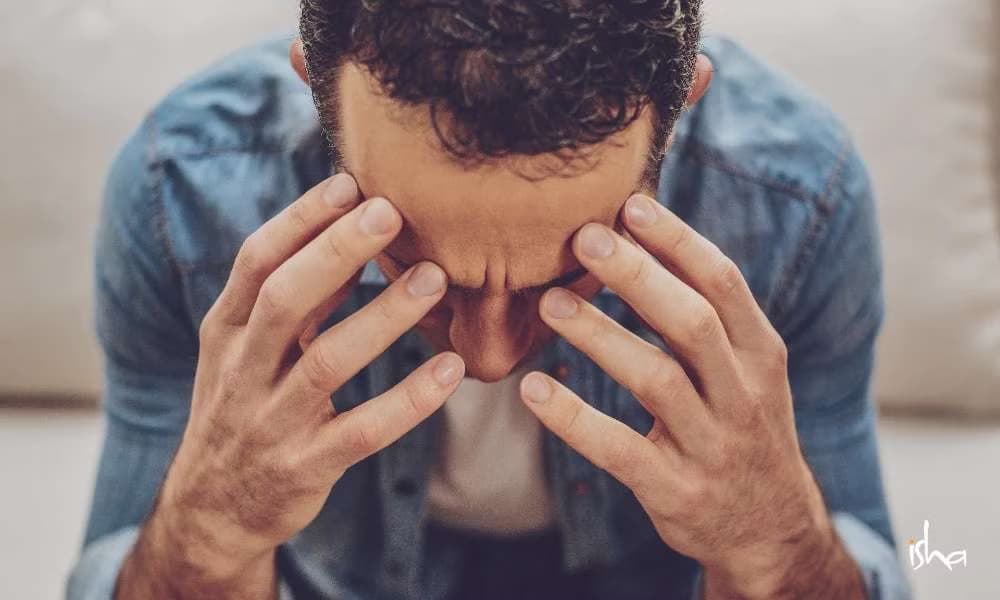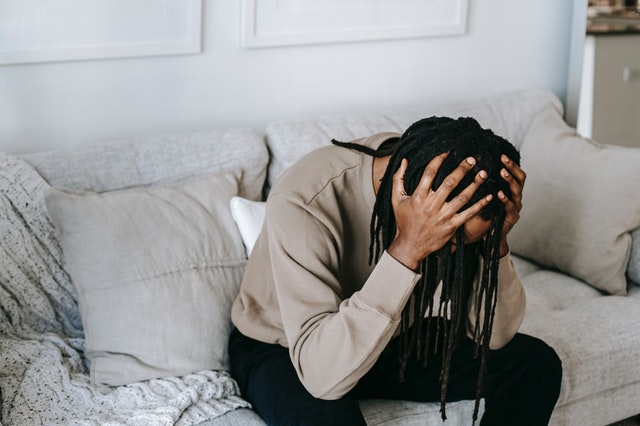Every day can feel like a battle when dealing with symptoms of social anxiety disorder.
Doing things that most take for granted, such as going to work or attending class can become utterly overwhelming.
 Plus, there are social engagements that you are expected to attend. Whether it’s a team meeting at work or friends wanting to get together for a few drinks on Friday, the result is the same. As soon as you walk through the door, you begin to feel anxious and stressed.
Plus, there are social engagements that you are expected to attend. Whether it’s a team meeting at work or friends wanting to get together for a few drinks on Friday, the result is the same. As soon as you walk through the door, you begin to feel anxious and stressed.
What can you do?
You know that hiding in your room isn’t possible (although you’d really like to). Instead, consider employing the following steps to prevail in the daily battle with your social anxiety.
Identify and Prioritize Your Anxiety
It helps to identify and prioritize your anxiety. This gives you a better idea of what you’re dealing with. Even if you have been struggling with social anxiety for years, it doesn’t help to take a fresh look at the problem.
Consider which situations cause you to get stressed out. Then, rate that stress on a scale of 0-10. You may find that some situations don’t rate as high as others. That’s great because it gives you something to work with.
You can begin by using those lower-stress situations as opportunities to work on your social anxiety coping skills.
Practice Breathing Techniques To Ease Social Anxiety Disorder Symptoms
Getting a handle on your breathing is critical for managing all kinds of stress. This includes when coping with the symptoms of social anxiety disorder, which commonly include an elevated heart and respiratory rate. Your body is breathing faster and your heartbeat is quickening, which is a response to stress.
Learning to counter this response with slow, steady breathing will help. As will taking in a breath, holding it, releasing the breath, and then holding on the exhale. Over time you will be able to breathe in more slowly and deliberately and hold your breath for longer intervals in between breathing.
It may sound like a simplistic method, but with time, it helps build your resiliency to stress so that, when you do feel anxious, it doesn’t get out of control.
Avoid “Liquid Courage”
Have you ever had a drink before going out, to “loosen up”? You might believe that a drink will allow you to feel more relaxed and open. However, it’s not a healthy or effective long-term solution to managing the daily battle with social anxiety.
Also, alcohol consumption can affect your judgment, which leads to other problems. Instead, focus on other ways to set yourself up for success, such as breathing exercises (yes, it’s worth mentioning again!), meditation, regular light exercise, journaling, and staying hydrated. These are all things you can practice as healthy preventative measures in place of a shot of “liquid courage.”
Visualizing Success Over Your Social Anxiety Disorder Symptoms
Visualization is a tool that is often used to help people cope with stress. The classic example comes from professional sports. The athlete will visualize themselves making the free-throw when shooting a basketball. Or they imagine themselves completing the pass for a touchdown.
This visualizing takes place before they ever walk out onto the playing field to do these things in real-life. You can use this form of coping with social anxiety disorder symptoms as well. For instance, imagine yourself in a social setting and you’re starting to feel anxious. Then, visualize that you’re using a coping skill and avoid panicking. Success!
It’s like a practice round in your head before you ever get into the situation. And, during your mental practice, you can visualize various ways of coping with your social anxiety disorder symptoms.
Give Yourself a Pat on the Back
Sometimes it’s so exhausting dealing with anxiety. You might not realize that you are actually doing well and successfully coping.
Take some time at the end of the day to review what happened. Note when you got into a stressful situation and how you handled it. Give yourself a pat on the back when you do well with coping.
If you had a “bad” day, avoid putting yourself down. Instead, consider what happened and what you could do differently next time. Remember, it wasn’t a “failure.” It was a learning experience!
—
You can prevail over your social anxiety disorder symptoms. However, doing so will be a daily battle. Gear up for that fight by practicing the strategies suggested above. If you are still struggling, contact me to find out how my approach to anxiety therapy can give you even more tools to win this battle.





